We take another look at the power of story: the plot thickens.
Los Olivos, California. Two guys walk along a timbered sidewalk past wine tasting rooms and gourmet restaurants. Jack is trying to jolly his pal Miles along as they head out on a date. ‘And if they want to drink Merlot,’ he tells him, ‘we’re drinking Merlot.’
Miles arcs up. ‘If anyone orders Merlot, I’m leaving. I am not drinking fucking Merlot!’
Merlot was one of the most popular red wines among Americans until the 2005 film Sideways depicted actor Paul Giamatti as a feisty wine snob who snubs Merlot as a common, inferior wine. There was a noticeable drop in Merlot sales that year, particularly after Sideways garnered several Oscar nominations.
I am not drinking fucking Merlot. In the movie that line made me laugh out loud - because of its context in the story. I have no feelings about Merlot one way or the other. But now whenever someone asks me if I’d like some Merlot, I always say I’m not drinking fucking Merlot and laugh.
What a hopeless Hollywood victim I am.
But it proves a point. Stories have Klout. Stories have influence. They arouse our empathy and involve us, and because of this they have a unique power to persuade and embed opinions.
This power is sometimes abused. In communist Russia and during Mao’s culturalrevolution, films were used to inculcate heavy-handed messages. The West and democracy became the Merlot. The pedagogues became the wine snobs.
It’s why writers are still feared and persecuted in many totalitarian countries; they have the ability to persuade and influence through their stories. (See just how bad it can get here.)
The freedom of publishing and dramatic arts is a hallmark of a truly free society. It’s only a democratic country that would allow the making of movies like Green Zone, for example, where ‘we’ become the bad guys.
Whether it’s about vampires or international politics, every story has something to say about love, life and the human condition.
This is because a story is a trail of breadcrumbs. You follow the cute little bird along the trail eager to know where it leads and why it’s there. But the power of that story lies in the ah-ha! moment that explains it all. Does the cute little bird get splatted with a hammer or does he end up sitting on some cute lady’s shoulder learning to talk?
The story says something. And if we like the characters, we will listen to the conclusions those characters make about people, cultures, and the way they see the world just before the last page or the last scene.
But do stories lead society - or just reflect the Zeitgeist?
Interesting question.
In the fifties and sixties for instance, John Wayne had us believe that war was a manly pursuit with no downside (outside of dying) and that native American Indians were all bloodthirsty savages who needed exterminating for their own good.
But by 1990 Kevin Costner’s Dances with Wolves actually made white men the bad guys. It came as a shock: whoa, we really did speak with forked tongues.
Of course, there are still plenty of books and movies that tell us that all problems, domestic and international, can be solved with a steadfast attitude and superior firepower. They foster the belief that making bad people explode will make problems go away, even though this does not sadly appear to be the case.
But mankind is starting to question the complexities of conflict in ways it could not have done when we first started telling tales in caves. We are entering a period of change and this is reflected in the stories we tell each other.
So fiction matters. Not just highbrow literature - in fact less so, because not enough people read it for it to bring about profound change. Whether it’s 50 Shades of Grey or Twilight or Harry Potter, we are drawing on old mythologies, but now we are telling those stories differently, because we have different conclusions to draw. The human race is always changing its mind.
So herein lies the power of the story; and that’s bad news for Merlot growers.
But there’s one other aspect to story we haven’t examined: and that’s just how universal ‘story’ really is. Does it differ between time and place?
We’ll write ‘The End’ on Monday when we complete the third post of this two part series.
I hope you enjoyed my post. And because I want to see you all back here regularly, I am offering a free copy of Looking for Mr. Goodstory to anyone who joins my blog! It’s a collection of my favorite blog posts over the last six months – all you have to do is join up, then write to me at colin underscore falconer underscore author at hotmail dot com. I’ll send you a copy as a mobi Epub or PDF file!


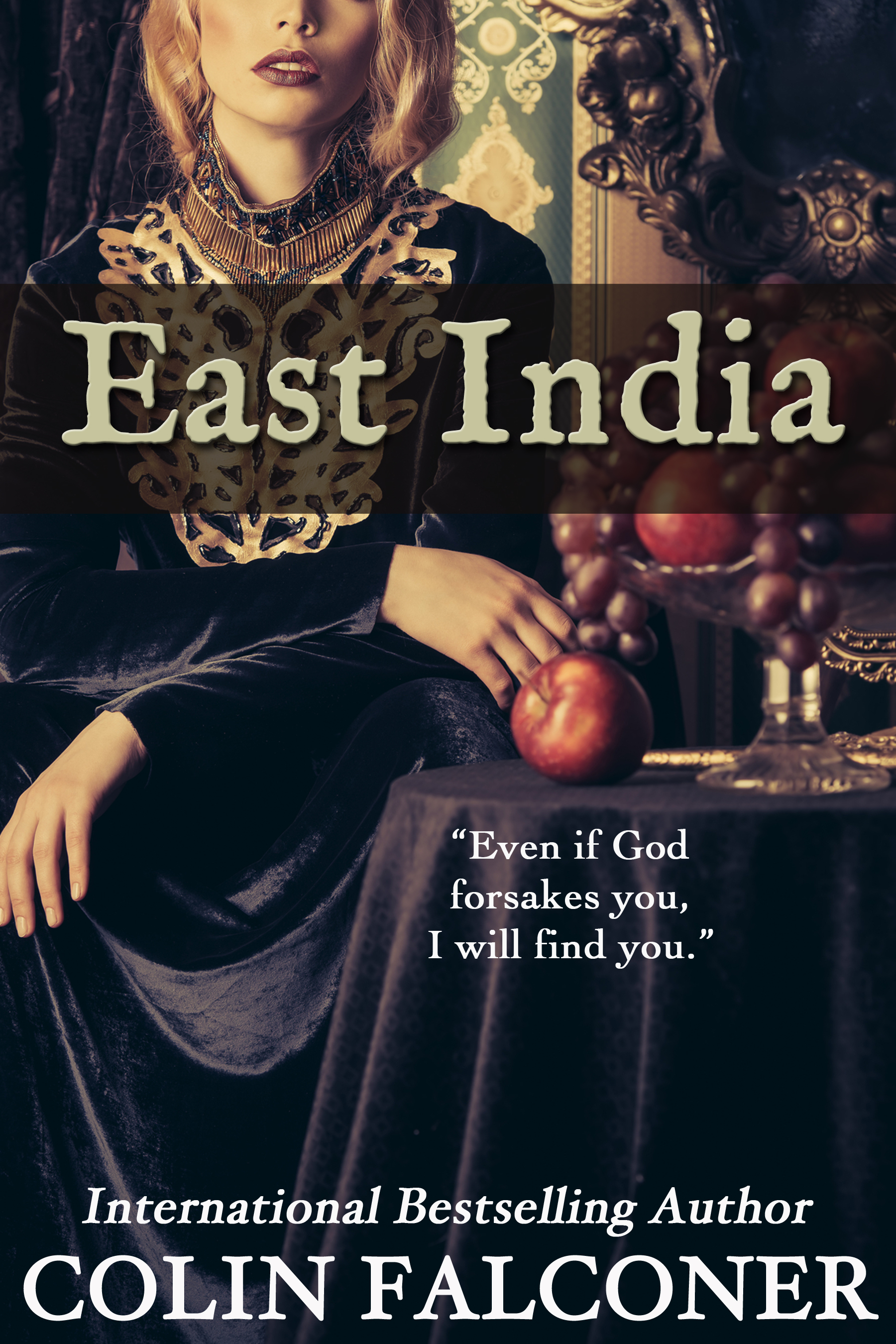
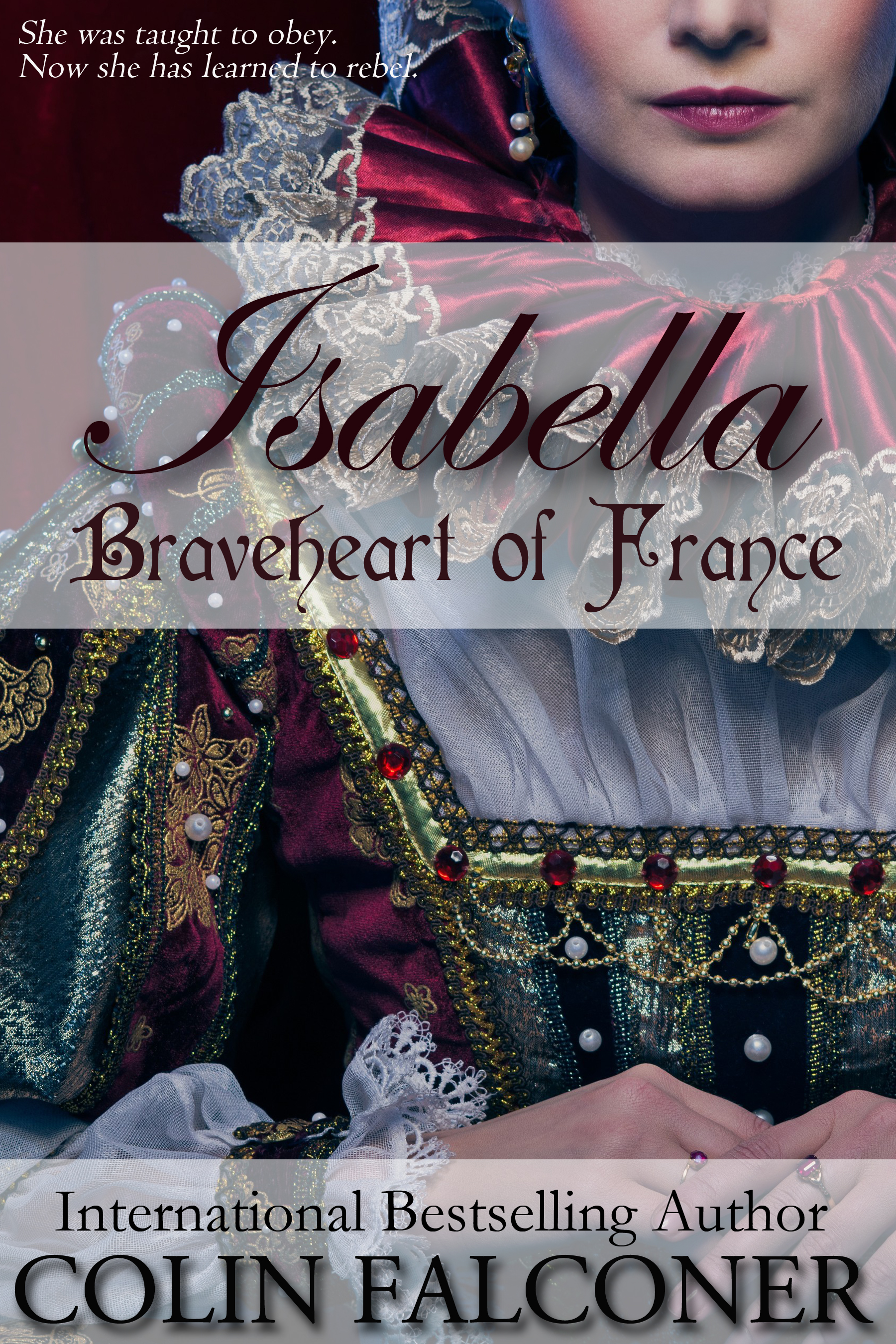
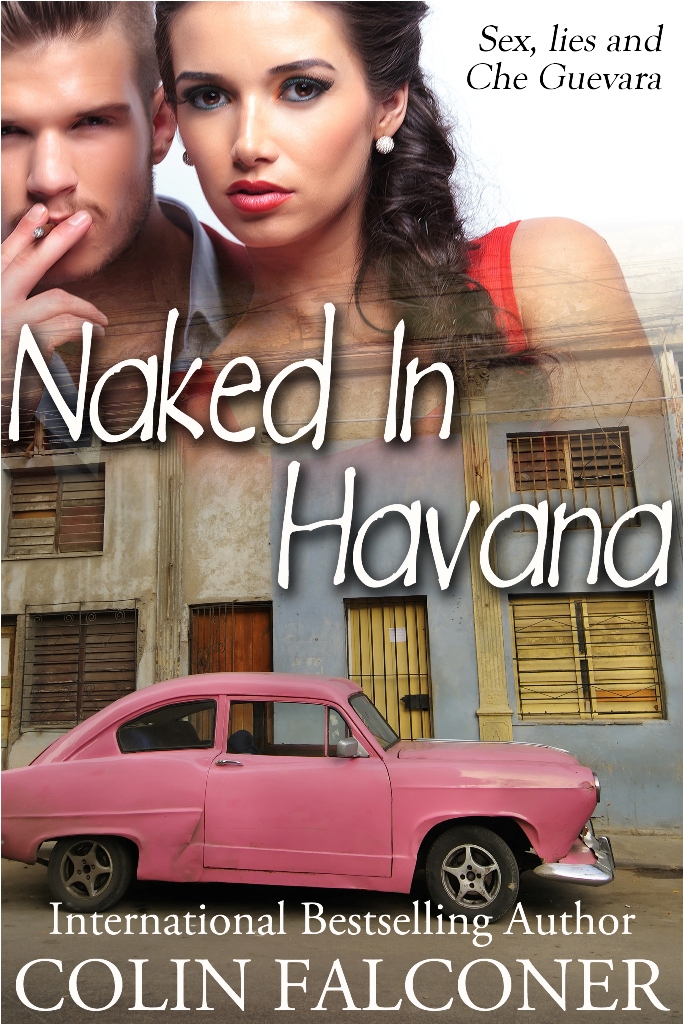
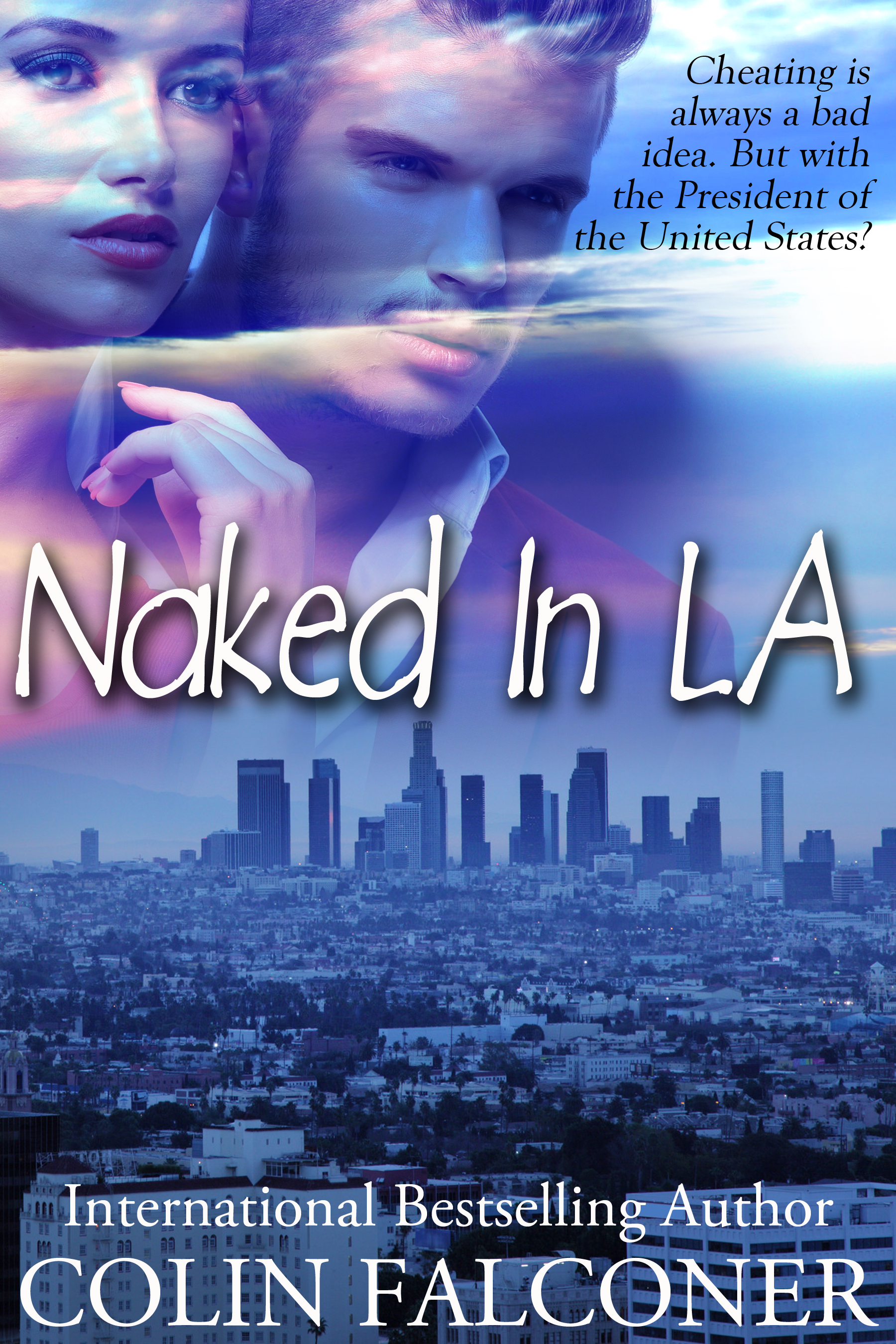
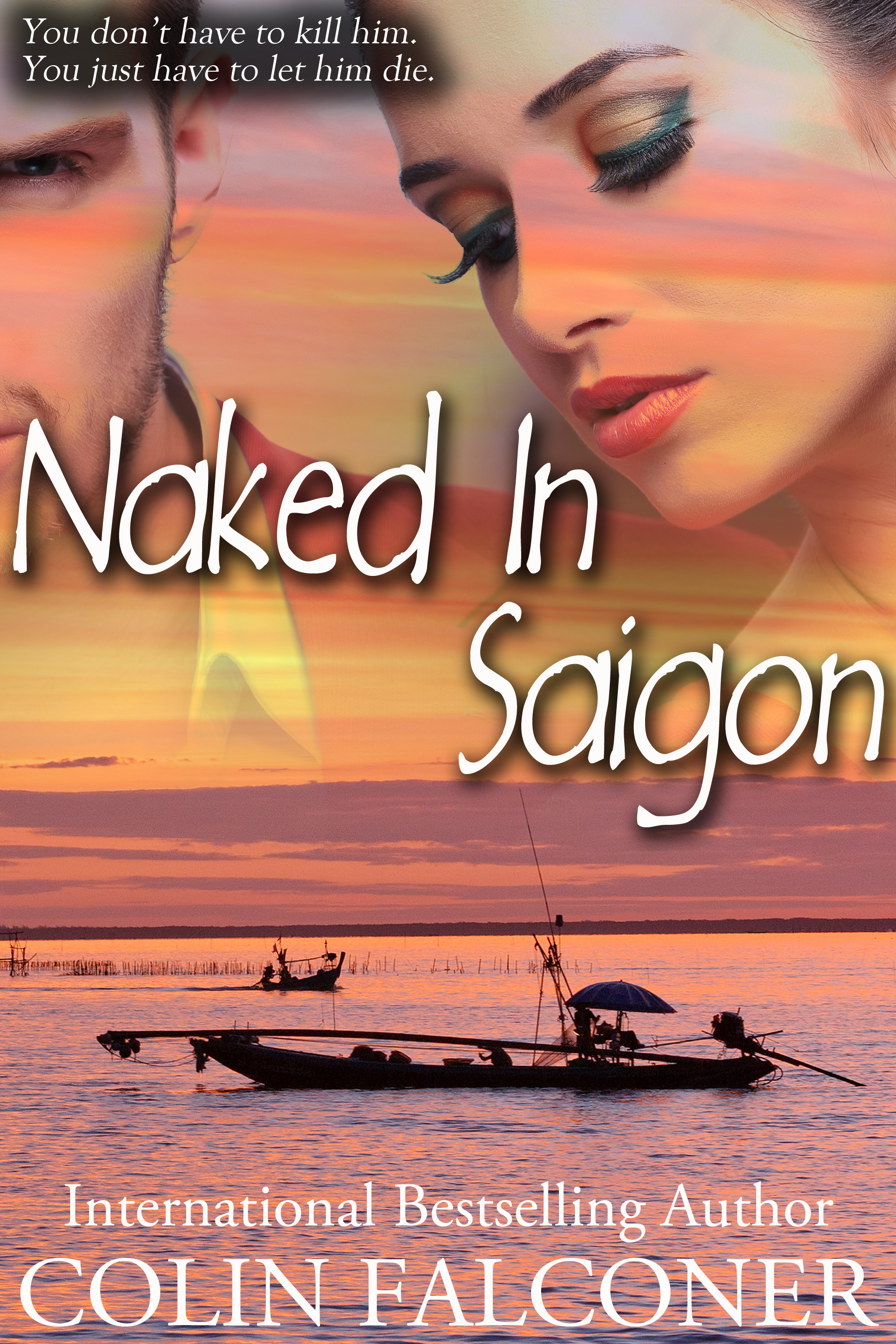
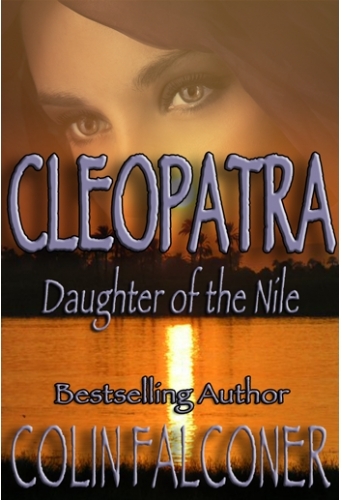

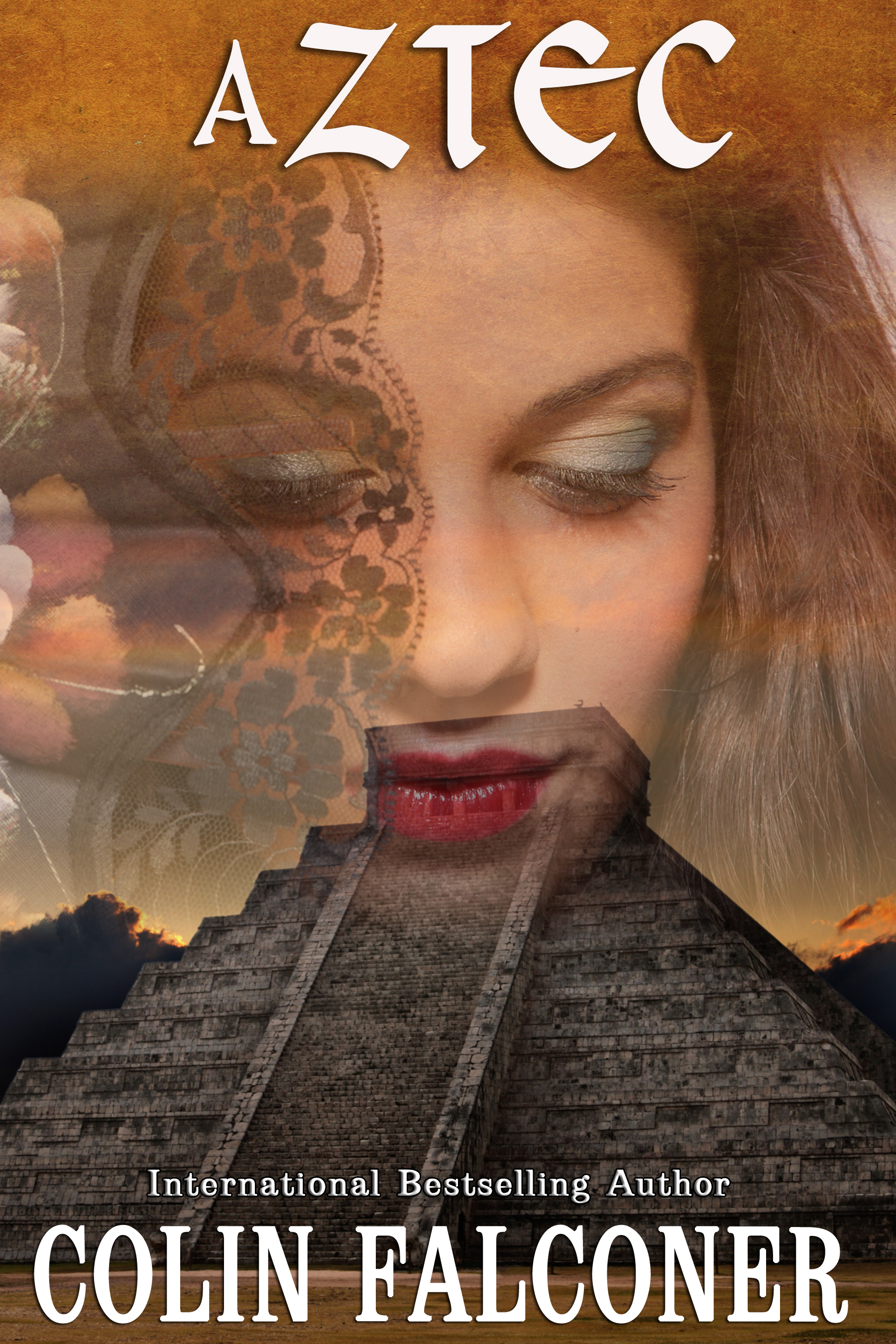

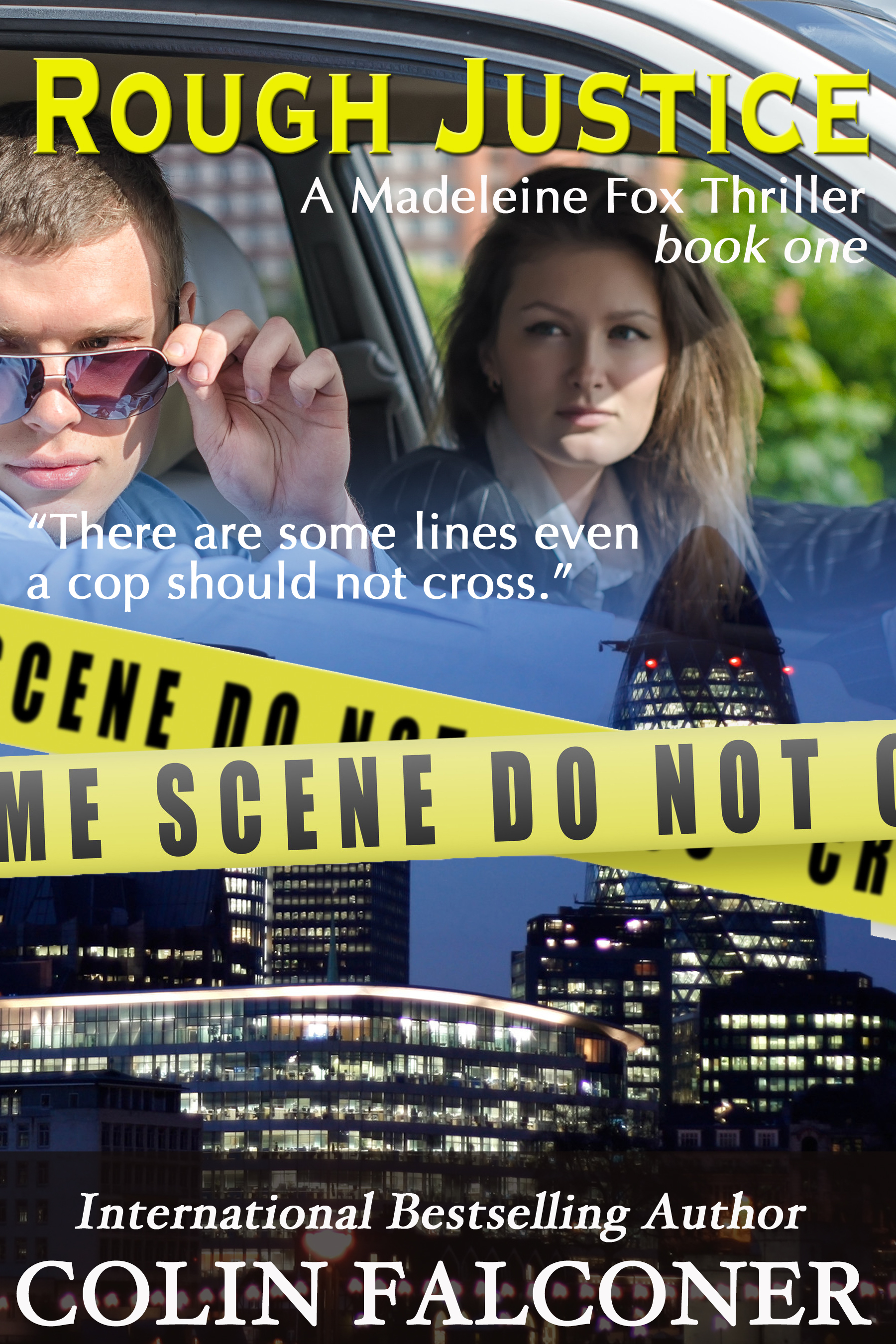
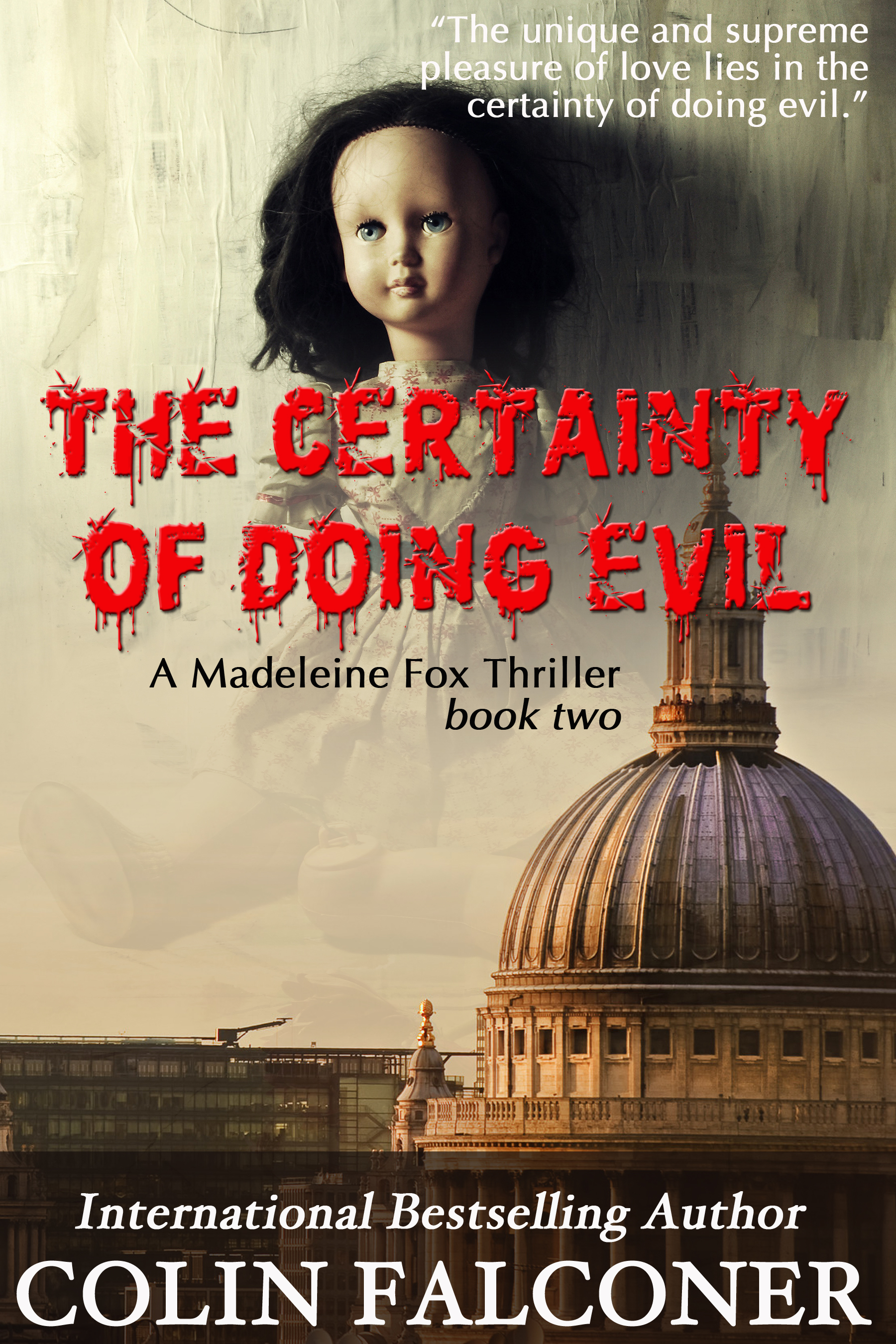
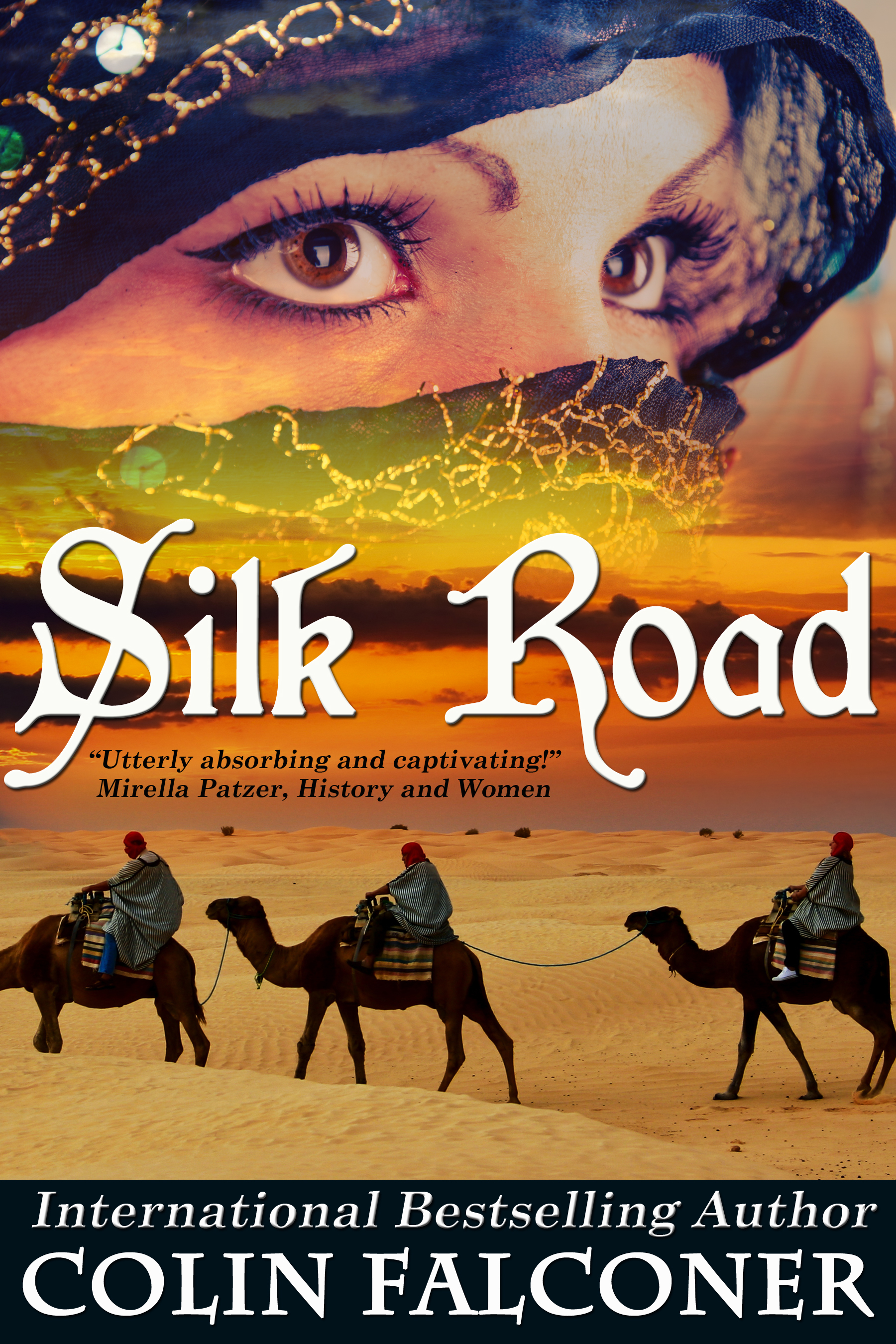
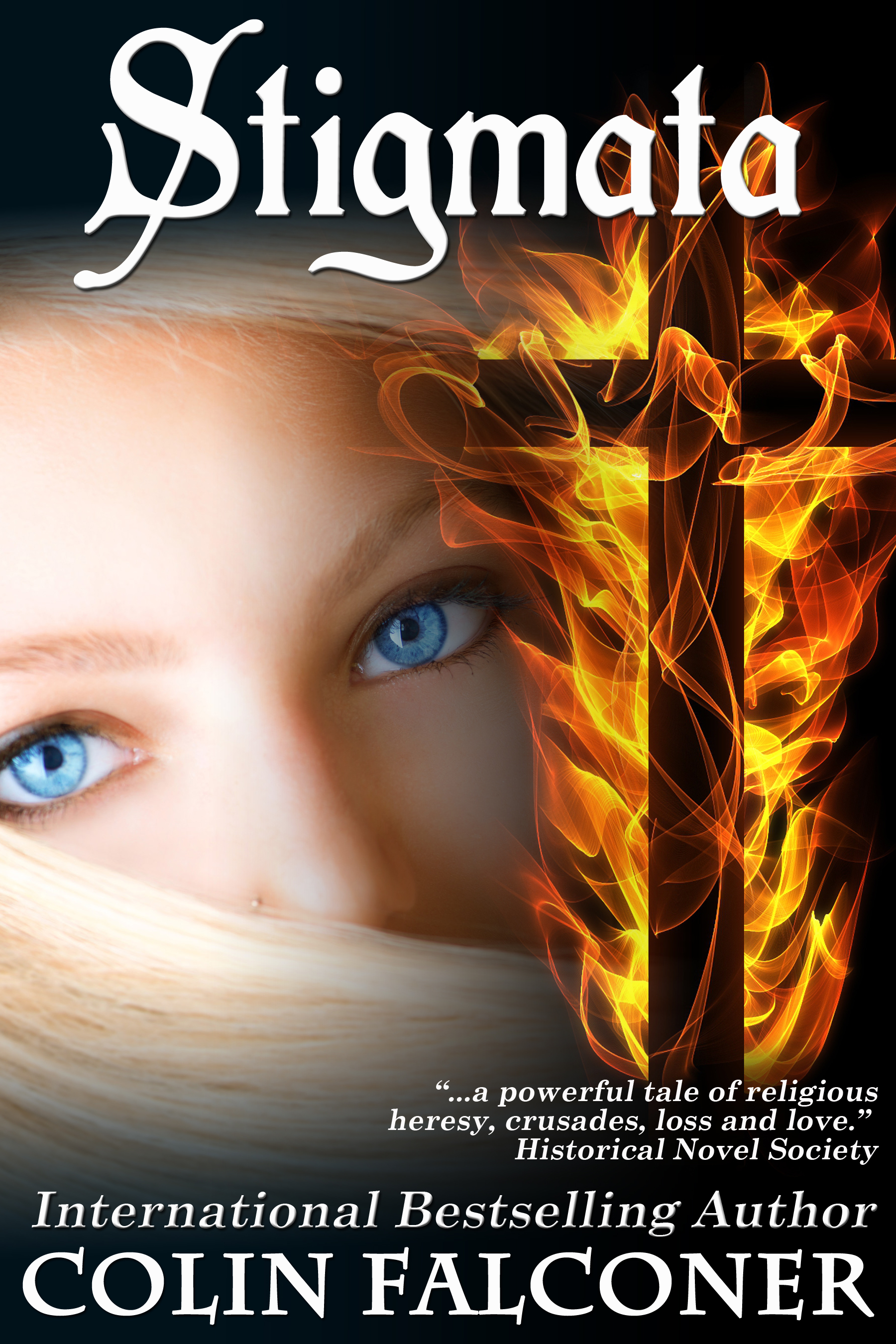
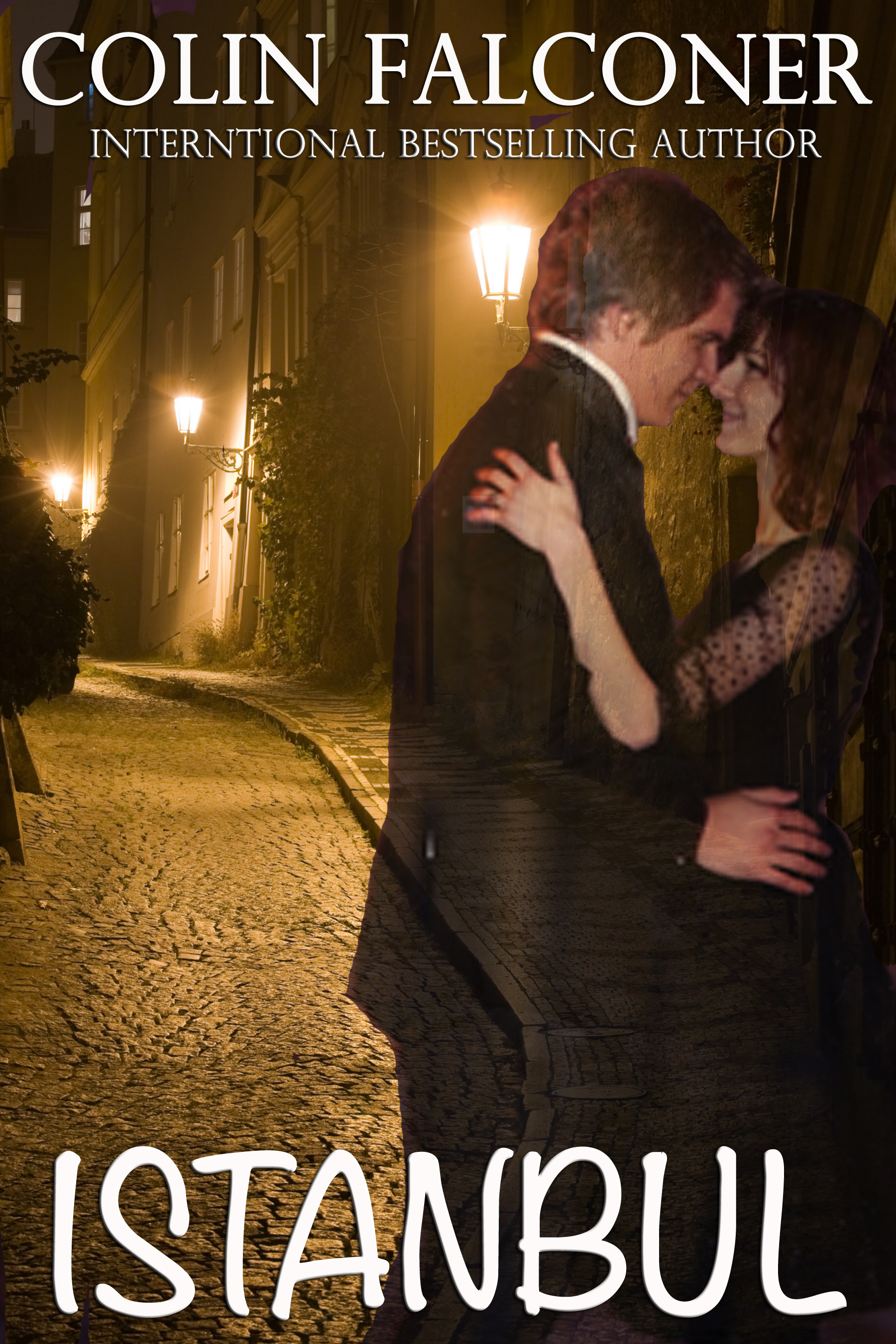

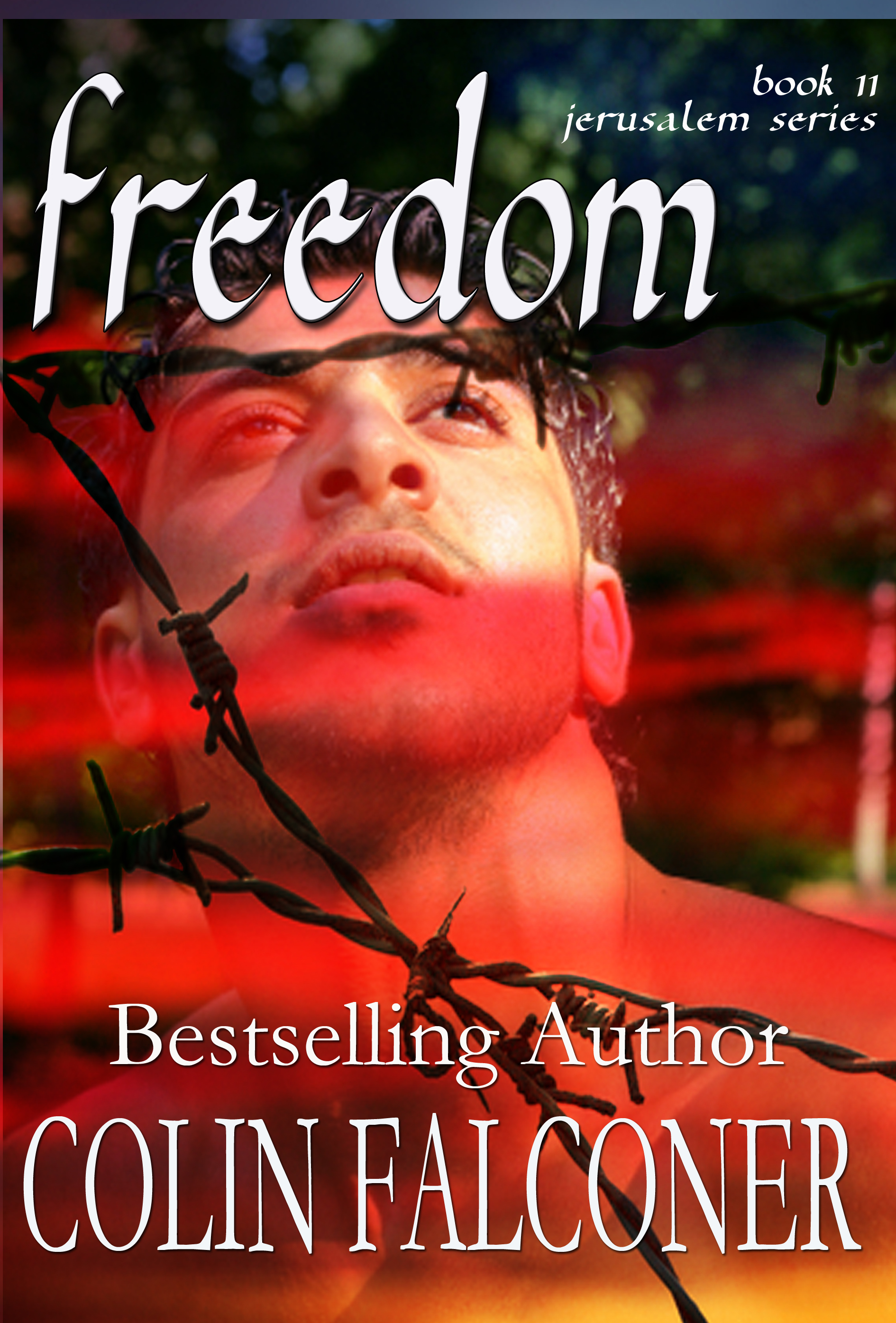


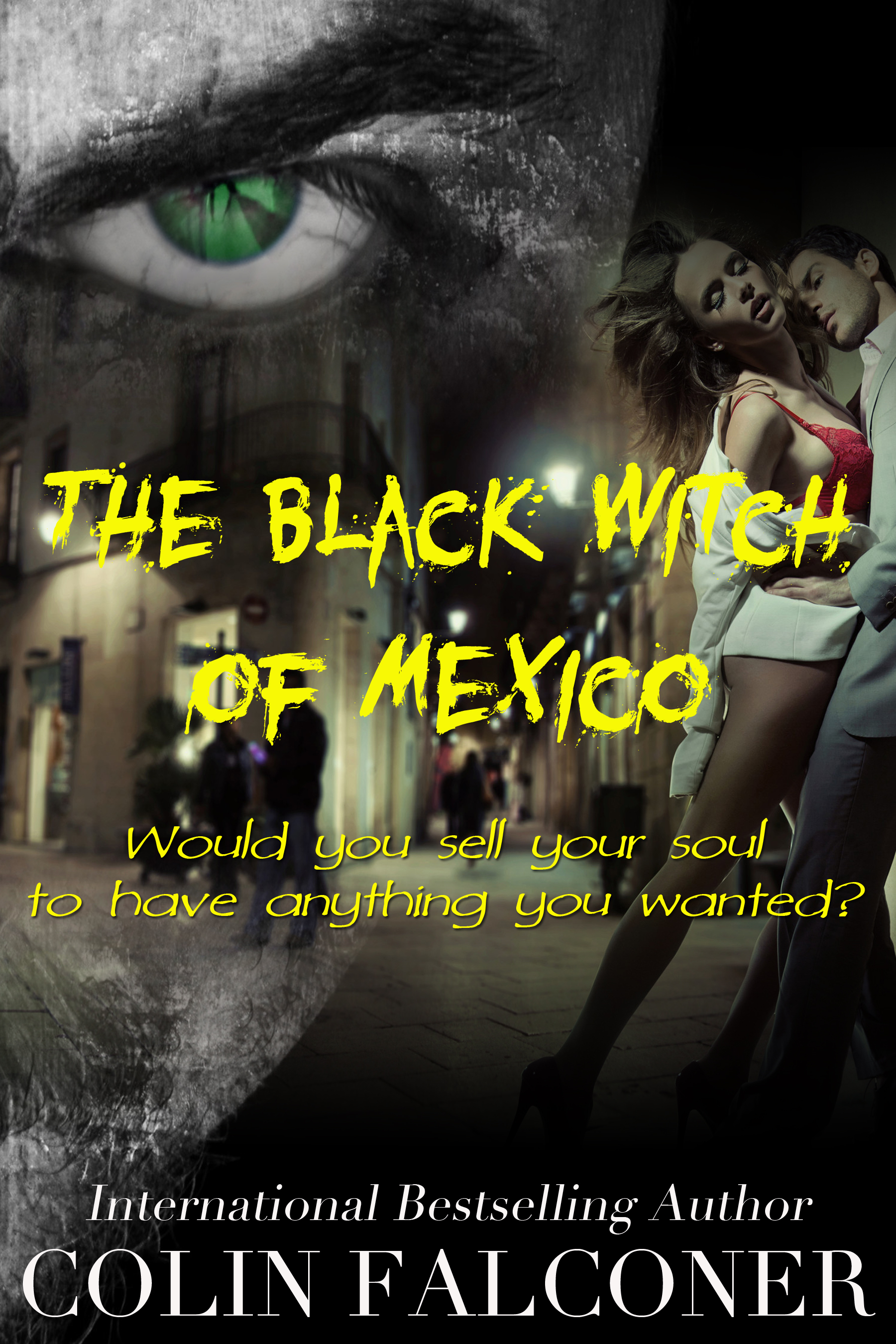

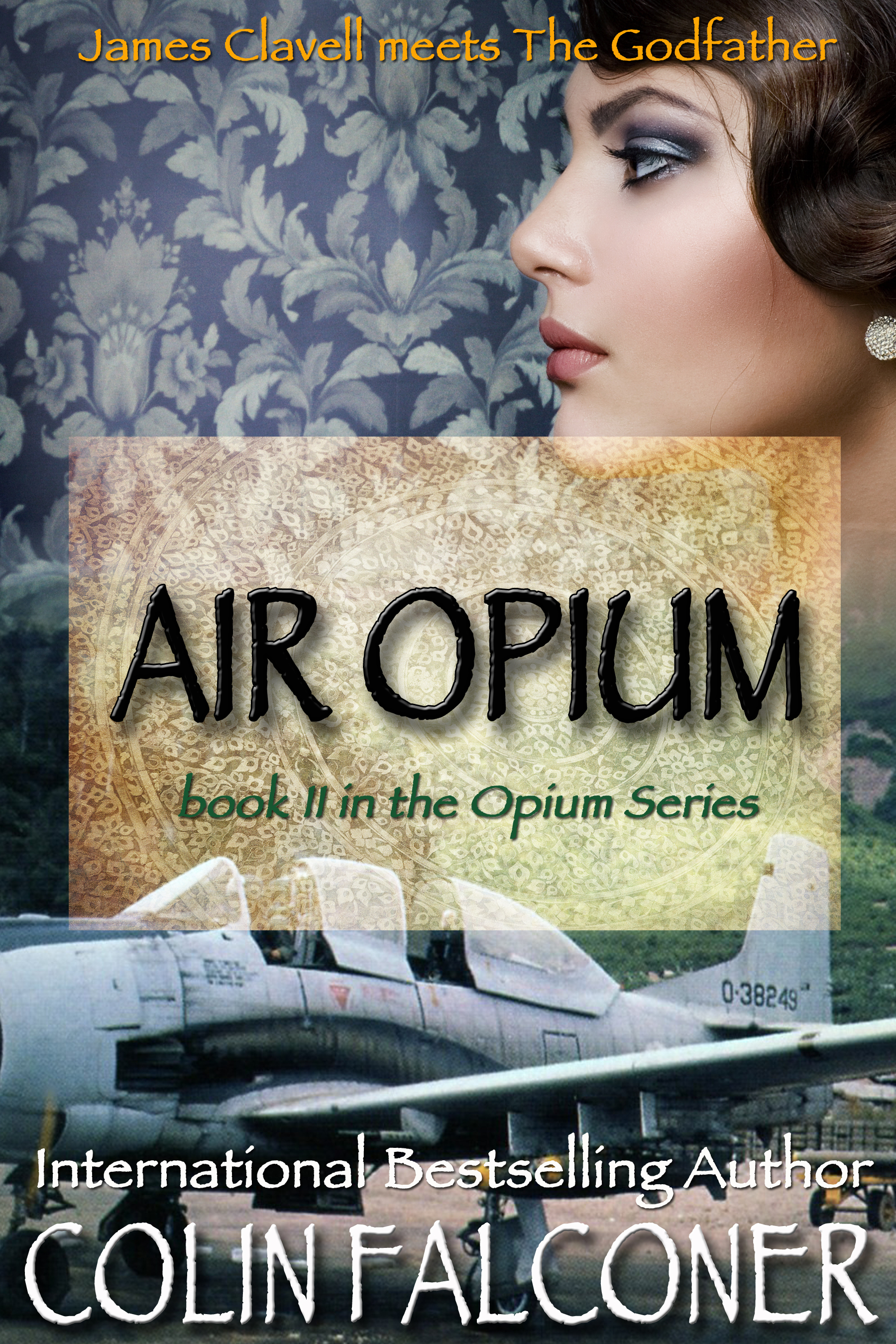
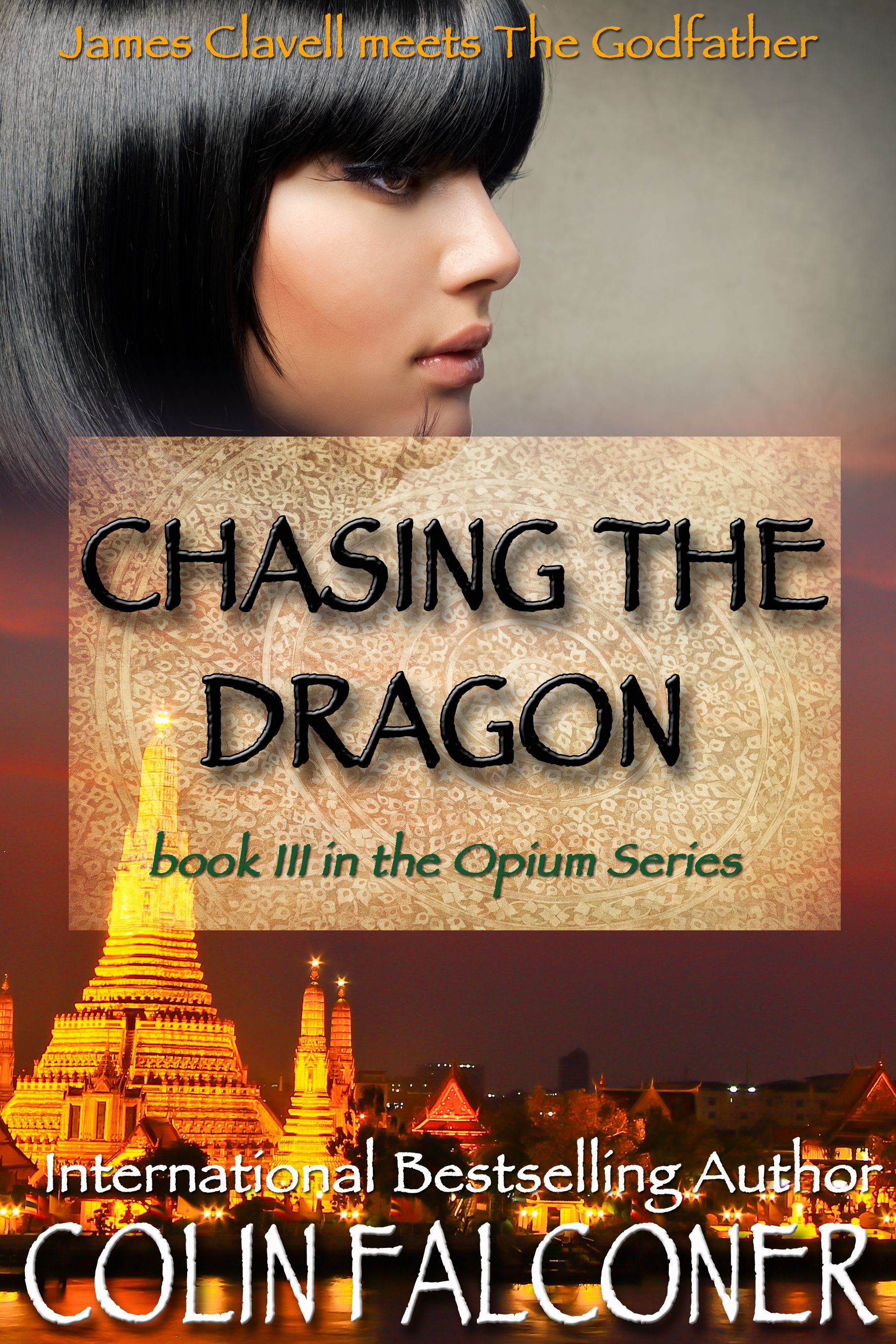
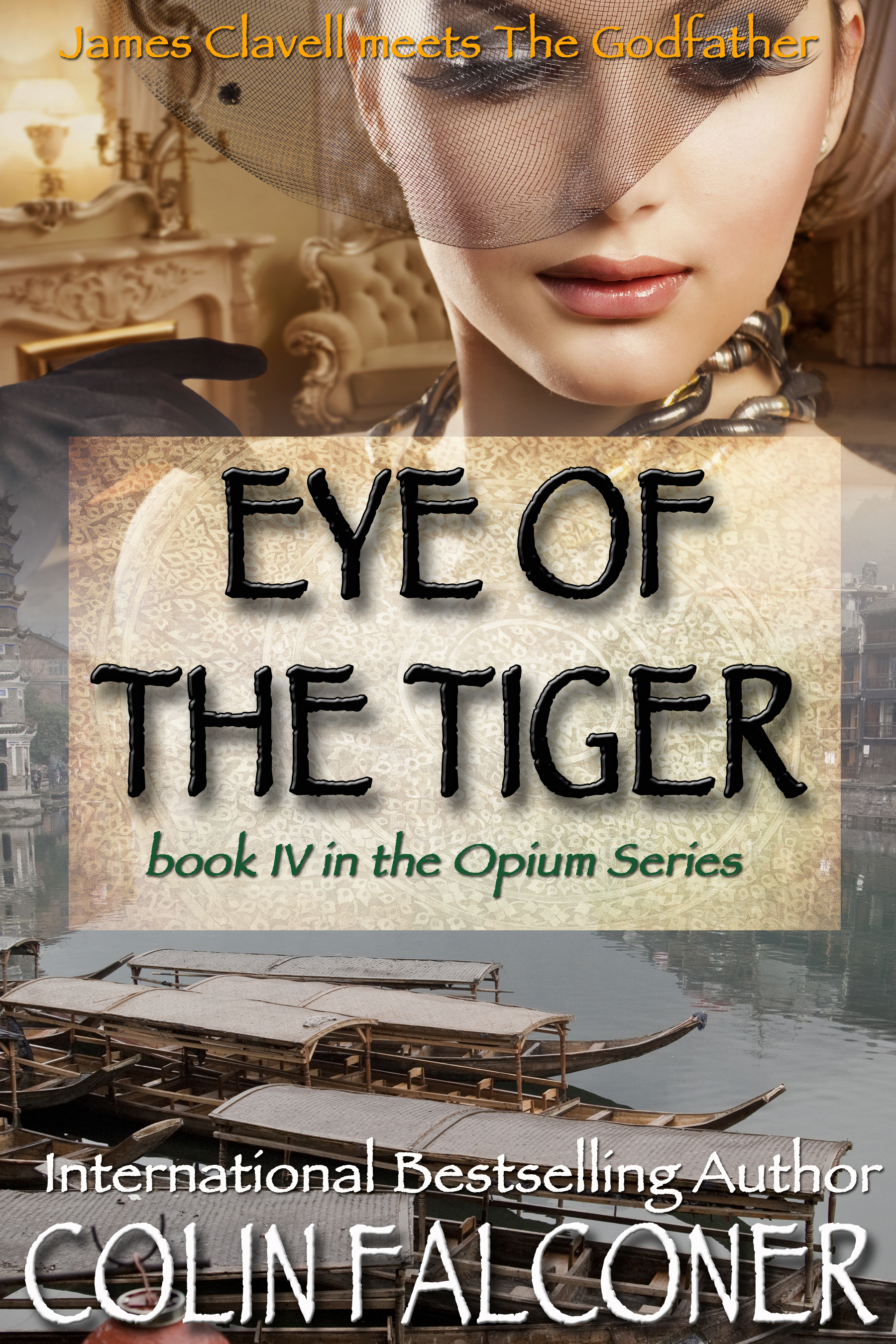
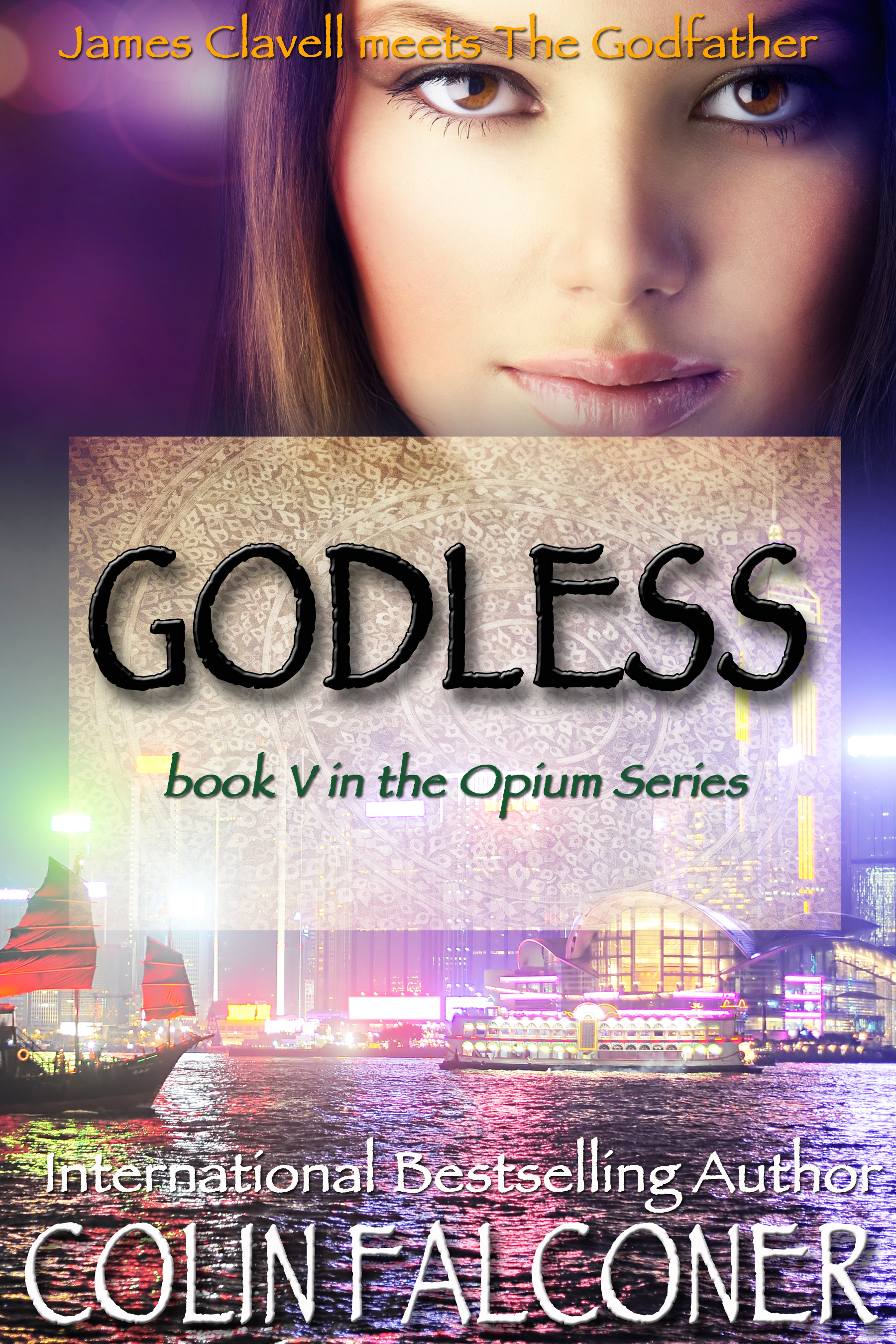
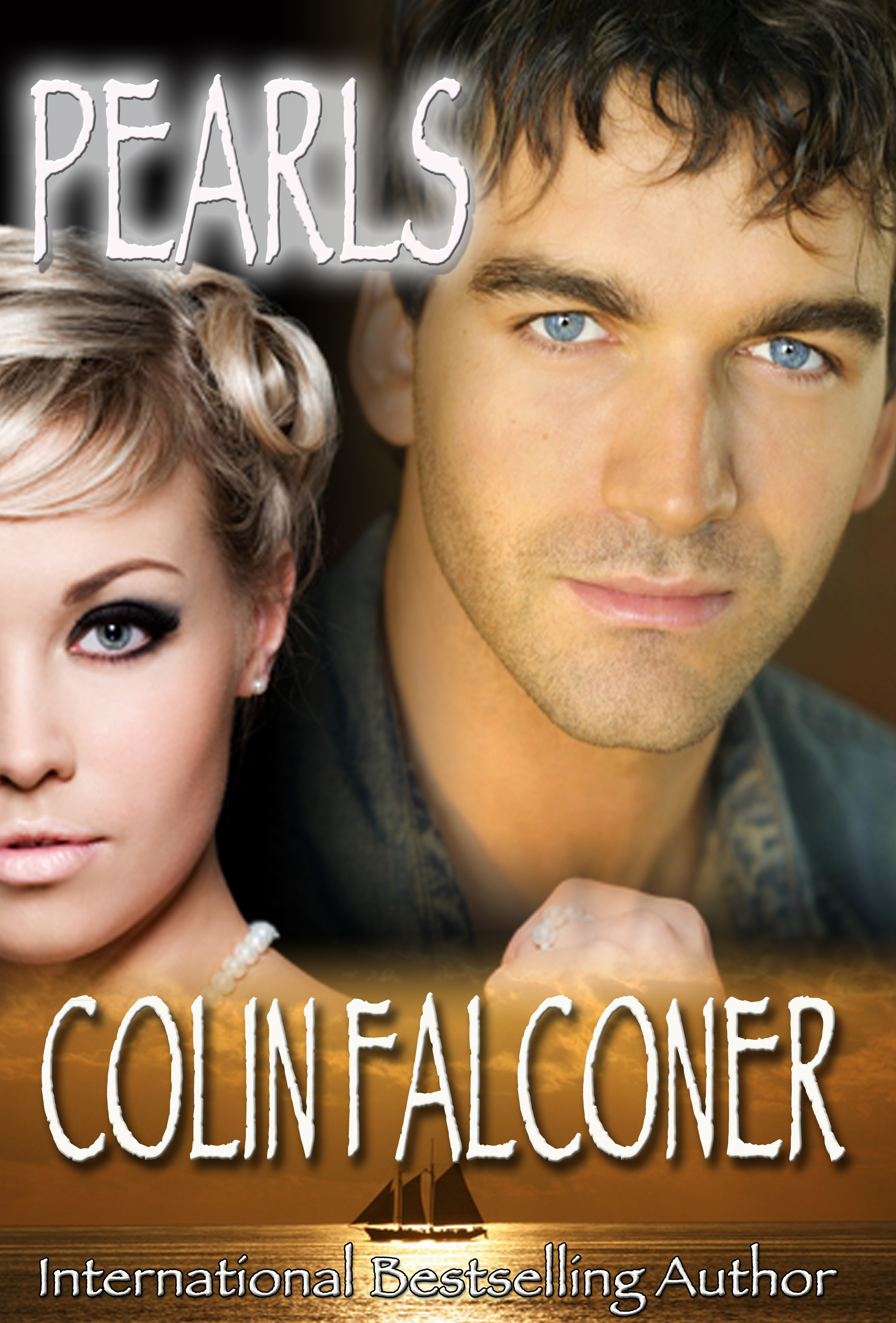

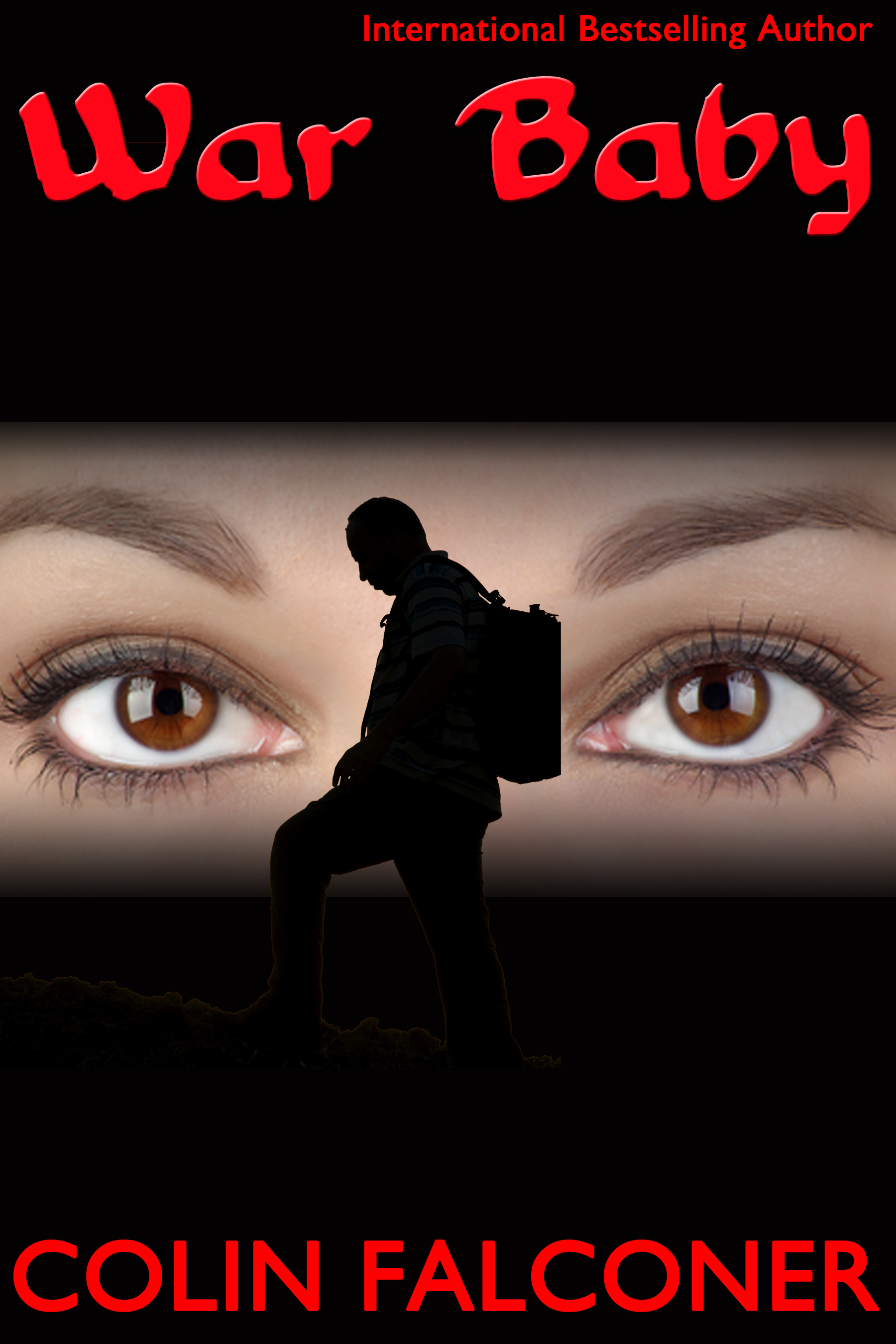
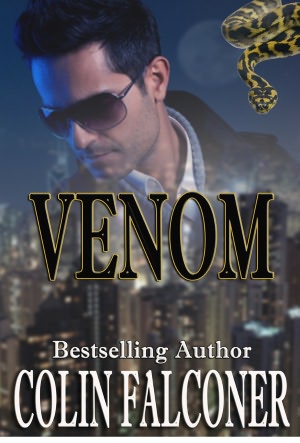
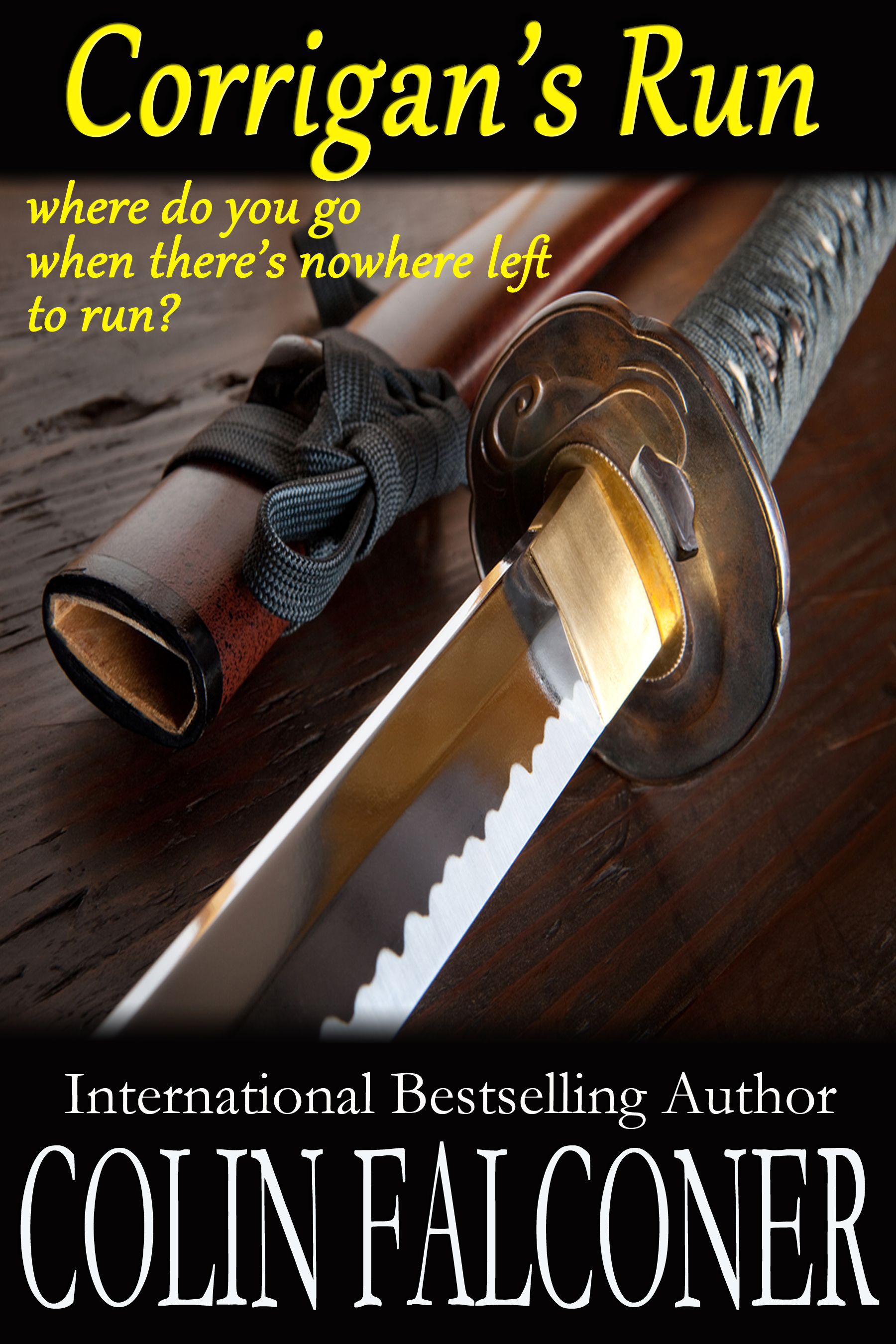
Great post! Words and stories are so powerful. Sometimes it’s easy to forget the might of the sword (or the keyboard) when we are the ones writing.
And sometimes I think we’re lucky there, Audrey. If you look here, at the PEN INTERNATIONAL site, you see how many writers are imprisoned/tortured/persecuted around the world for what they write. I am in awe of writers who keep writing when they put themselves in danger every day …
It is amazing how one comment in a movie can change the world, (or at least the merlot wineries….) Great post!
Yes, isn’t it? I’m sure it was just a throwaway line, too!
Ah, now see, I still like Merlot.
And so you should! I don’t think there’s anything wrong with merlot. But I’m stuck now. I was walking down the aisle in my liquor store today and I saw the merlot and started laughing again. It’s too late for me now …